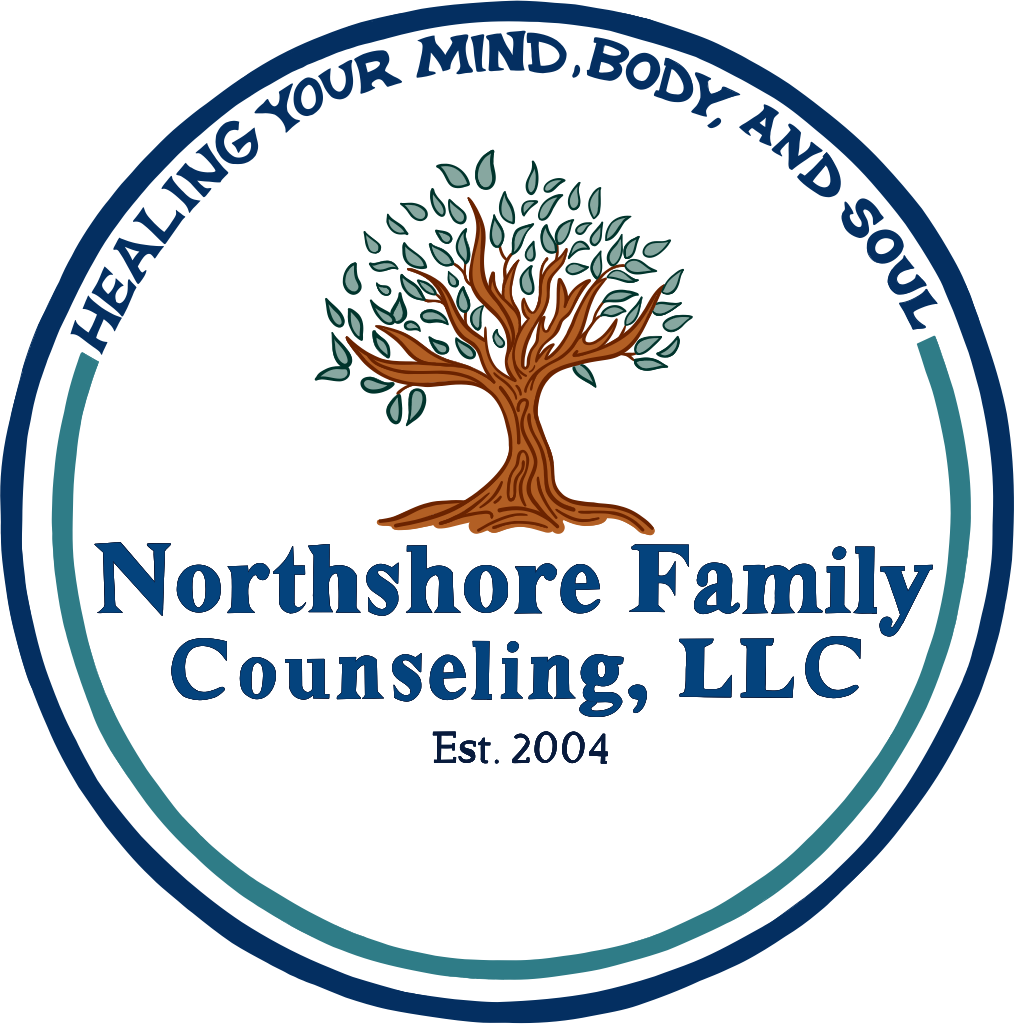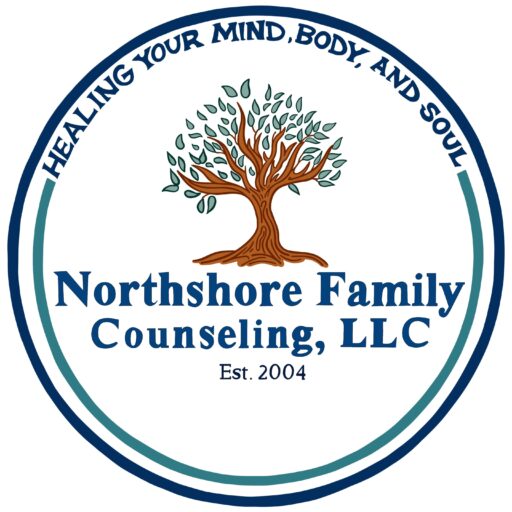In these unprecedented times, many people are facing increased levels of anxiety and depression. Financial strain, political uncertainty, and global strife are just a few of the challenges contributing to this mental health crisis. If you suffer from anxiety or are prone to depression, you might be struggling more than usual.
It’s important to remember that seeking help is a sign of strength, not weakness. Mental health professionals are equipped to provide the support and tools you need to navigate these difficult emotions. Reaching out to a mental health counseling center can be a crucial step toward recovery and well-being.
Counselors and therapists offer a safe, confidential space to explore your feelings, develop coping strategies, and find solutions tailored to your unique situation. Whether you need someone to talk to, professional guidance, or a structured treatment plan, a mental health counseling center can provide the assistance you need.
Don’t wait until things feel overwhelming. Taking action now can prevent more serious mental health issues down the road. Call a mental health counseling center today and take the first step toward a healthier, more balanced life. Remember, you don’t have to face this alone—help is available, and recovery is possible.
The Numbers Don’t Lie. You Are Not Alone
In May, mental health researchers at the World Health Organization (WHO) reported that anxiety and depression rates were increasing among specific population groups in various countries. The WHO also highlighted an urgent need for more investment into mental health care services to avert a predicted global mental health crisis in the coming months.
In June, the Journal of the American Medical Association released results of an April 2020 study finding that 13.6 percent of U.S. adults reported symptoms of serious psychological distress, relative to 3.9 percent in 2018. That study is considered to be the most up-to-date survey of psychological symptoms among U.S. adults.
With anxiety and depression on the rise, practicing regular self-care has become ever more important as a means of coping. This month, we offer these self-care tips to help you deal with anxious thoughts and depressed feelings.
1. Limit Your News Consumption
Resist the urge to constantly check the news, whether your go-to source is television, the car radio, online news sites, social media, or news podcasts. While keeping up with current events is important, it can easily become overwhelming. Try to limit your news consumption throughout the day, absorbing only the key updates and then moving on to other activities. This helps reduce information overload and keeps anxiety at bay.
2. Get Enough Exercise and Sleep
Regular exercise has a profoundly positive impact on anxiety and depression. Moving your body regularly helps improve your mood, self-esteem, cognitive function, and ability to cope with stressors. Additionally, exercise can significantly improve sleep quality. Prioritize getting enough physical activity and rest each day to maintain a healthy balance and enhance overall well-being.
3. Stay Connected with Family and Friends
Maintaining connections with loved ones and those who offer valuable support is crucial during stressful times. Whether through socially distanced outdoor outings or regular Facetime or Zoom calls, staying connected helps maintain a sense of belonging and emotional support. These interactions can provide comfort, reduce feelings of isolation, and help manage stress.
4. Keep Track of Your Feelings and Emotions
Using a mood tracker or journaling about your feelings and emotions can provide insight into your mental state and help identify patterns. This practice encourages self-awareness and offers new coping strategies. Regularly recording your thoughts and feelings builds a strong foundation for dealing with uncertainty and managing stress more effectively.
5. Reach Out for Help When You Need It
Even with thorough and regular self-care, sometimes additional help is necessary. Seeking support from a specially trained and trusted therapist can be instrumental in overcoming feelings of anxiety and depression. Professional help can guide you on a path to recovery, providing personalized strategies and support. Never hesitate to reach out for help when needed.
By incorporating these self-care practices into your daily routine, you can better manage anxiety and depression during these challenging times. Remember, it’s okay to seek help and prioritize your mental well-being. Together, we can navigate these difficulties and support each other in fostering a healthier, more resilient community.
Prioritizing Mental Health in Challenging Times
In these challenging times, it is essential to acknowledge and address the rising levels of anxiety and depression. By understanding that you are not alone and that many are facing similar struggles, you can begin to take proactive steps towards improving your mental health. Implementing self-care strategies such as limiting news consumption, maintaining regular exercise and sleep routines, staying connected with loved ones, tracking your emotions, and seeking professional help when needed, can significantly contribute to better mental well-being. Remember, prioritizing your mental health is crucial, and reaching out for support is a sign of strength. Together, we can navigate these difficulties and foster a more resilient and supportive community.
Key Takeaways for Managing Anxiety and Depression
- Limit News Consumption: Absorb only the essential updates and avoid information overload.
- Exercise and Sleep: Regular physical activity and sufficient sleep are vital for mental well-being.
- Stay Connected: Maintain relationships with family and friends to reduce feelings of isolation.
- Track Emotions: Use mood trackers or journals to gain insights into your mental state and develop coping strategies.
- Seek Professional Help: Do not hesitate to reach out to therapists for additional support.
FAQs: Managing Anxiety and Depression
How can limiting news consumption help with anxiety?
Limiting news consumption helps reduce information overload and prevents constant exposure to potentially distressing content. By focusing only on key updates, you can stay informed without becoming overwhelmed, which can significantly decrease anxiety levels.
What types of exercises are most effective for improving mental health?
Both aerobic exercises (such as walking, running, and cycling) and anaerobic exercises (such as weight lifting and yoga) have been shown to improve mood, reduce anxiety, and enhance overall mental health. The key is to find an activity that you enjoy and can perform regularly.
How can I stay connected with loved ones during social distancing?
Technology offers numerous ways to stay connected, including video calls, social media, and online chat platforms. Scheduling regular virtual meetups or socially distanced outdoor activities can help maintain your relationships and provide valuable emotional support.
What should I include in a mood tracker or journal?
A mood tracker or journal should include daily entries about your emotions, thoughts, and any significant events or stressors. Note patterns in your mood and identify triggers that may affect your mental state. This practice helps in developing self-awareness and coping strategies.
When should I seek professional help for anxiety and depression?
If you find that self-care strategies are not sufficiently managing your symptoms, or if your anxiety and depression significantly interfere with your daily life, it is important to seek professional help. Therapists can offer specialized support and personalized strategies to aid in your recovery.
- About the Author
- Latest Posts
At Northshore Family Counseling, we are passionately committed to providing clinically competent counseling to the Northshore community and surrounding areas. Our goal is to guide individuals, families, and couples on a journey of self-exploration and growth, empowering them to live life to its fullest potential. Serving the areas of Slidell, The Northshore, and Greater New Orleans, we extend our support to children, adolescents, adults, couples, families, and churches.







